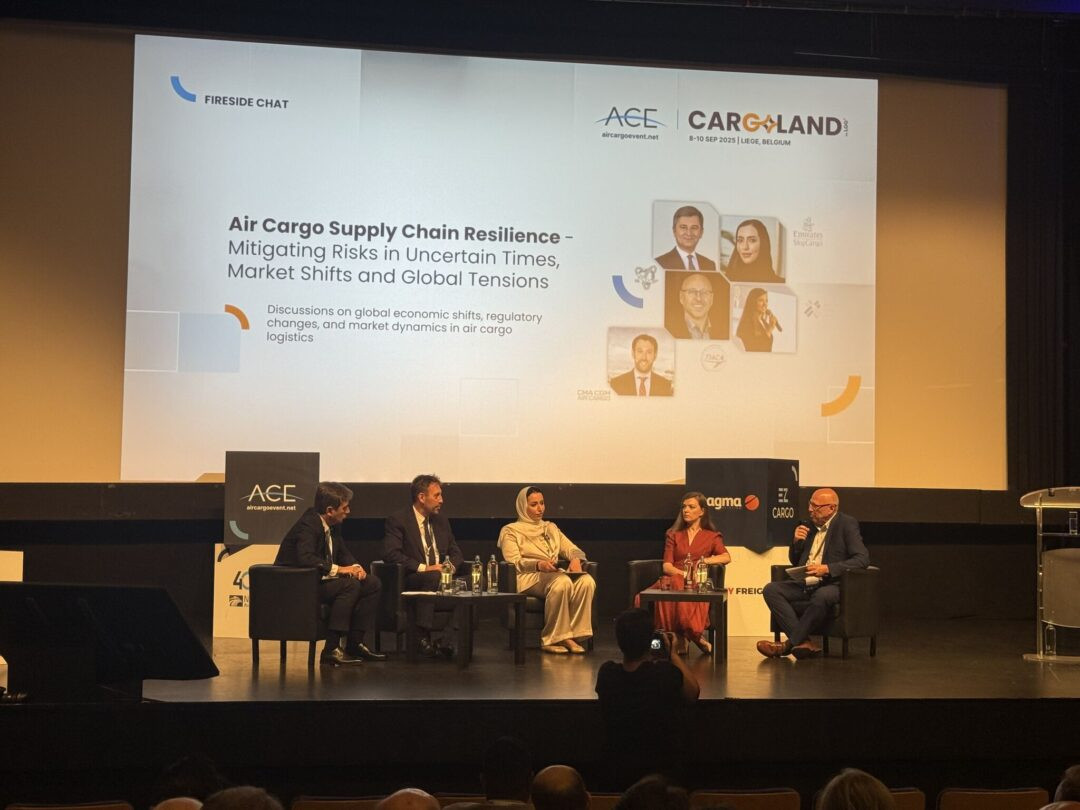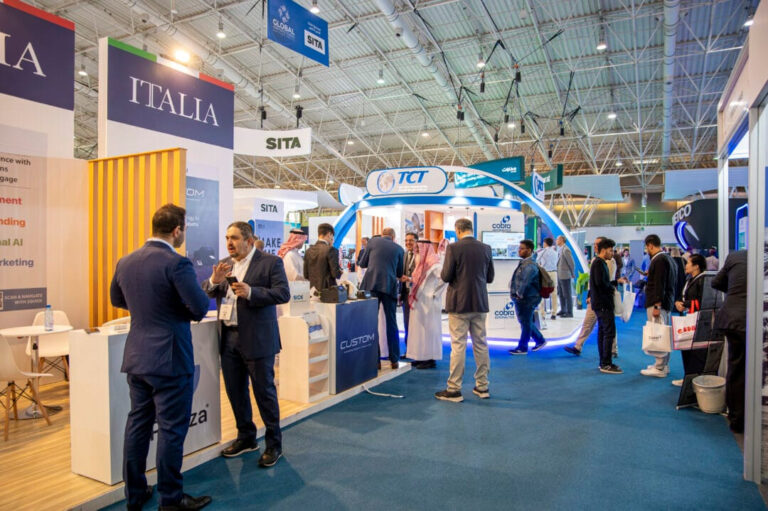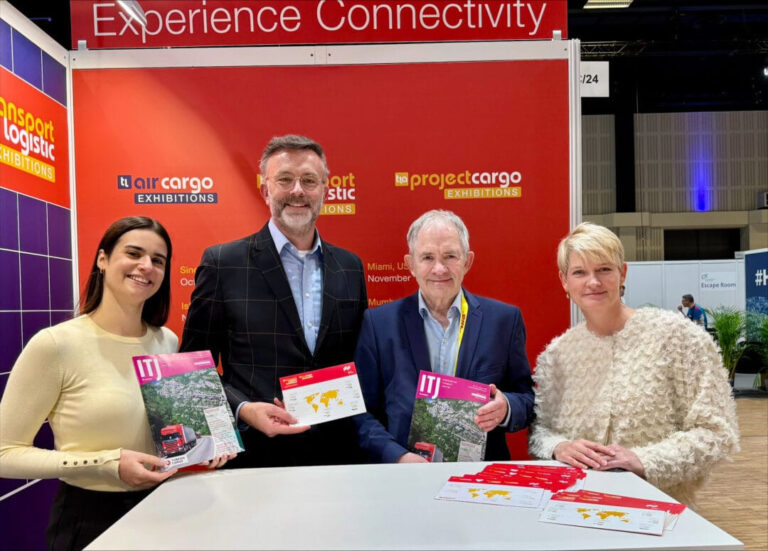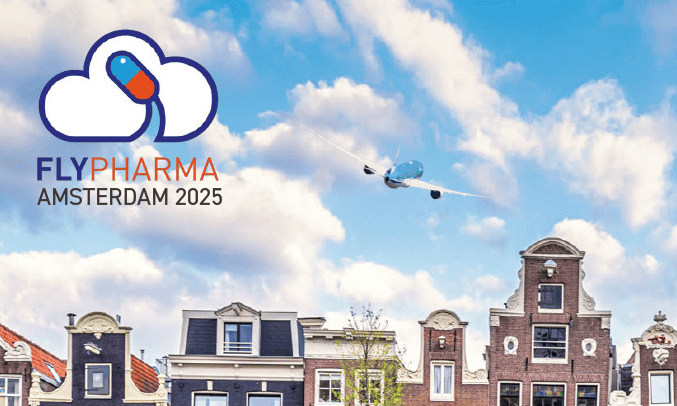
- The global air cargo industry once again proves that it flourishes in adversity. In one of the opening Fireside conversations at the ACE CARGO event for this year, a committee of industry leaders stumbled on how the sector responded to unprecedented challenges, from converting commercial dynamics and organizational pressures to digital transformation and sustainability.
- By Glyn Hughes, General Manager of the International Air Cargo Association (TIACA), the Turgut Erkeskin Committee (President, Vata) included, Khawla MM abdulla (VP Cargo Commercial Europe, Emirates Skycargo), Alain Guerin (Senior Commercial official, CMM AIR CARGO), Alina Fetinsov, Chemeantains Cartravas, and Tranba Tradentova.
The conversation opened with a confession that the pace of the turmoil had accelerated.
“It was very interesting to us to notice this year is the pace of change and the level of uncertainty, which is completely unprecedented,” Vetsova said. She cited transformations in trade routes, such as a significant decrease in Chinese exports – the United States, but an increase in flows from China to the European Union, including Hungary and the Netherlands.
The lightness of movement has emerged as a central topic. “We had to be dynamic and we had to serve the ways that our customers wanted to take,” said Kholila Abdullah from the UAE Emirates. She described how the UAE has rented 15 shipping flights for the mango season in Pakistan alone, where it moved more than 3000 tons to the United Kingdom – a quick response to the market.
But being graceful not only a plane. “We need to understand what is happening in the global economy, understand the needs of customers, and respond immediately,” said Guerin. “This is when we win the value.”
The freight agent plays an increasingly vital role in directing the two trucks through this volatility. FIATA TURGUTSKIN highlights how to help its members that small and medium-sized companies are able to compete by providing flexible multimedia solutions-air, sea, roads, railways-demand, costs, and transformation regulations. “We help them discover new markets and establish themselves there,” he said.
He also pointed to the advanced role of digitization and gaps in the global frameworks of multimedia operations. “Today we are able to transport goods from China to Europe with trucks … especially the batteries, which are frequented by airlines and shipping lines in dealing with them,” he explained, Erkexkin. “Customers want alternatives. This is where we come.”
Organizational uncertainty was another repeated concern. “Unfortunately, very fragmented security areas around the world,” said Eskskin. He called for more coordination, especially in customs and safety procedures, to reduce costs and complexity through global supply chains.
Fetisova added that the World Trade Facilitation Agreement has achieved gains, such as $ 231 billion that was added to global trade and the average medium cost by 14 percent, but warned that deeper reforms and stronger regional coordination are still necessary.
It also emphasized the impartial influence of protective measures on small and medium -sized companies. “They often force to withdraw products, raise prices, or lose market access,” she said. “This not only affects them – it affects the entire ecosystems.”
Digitability and sustainability have been set not only the objectives of the industry, but as the necessities. Guerin emphasized that the sustainability comes at a cost. He said: “We need the factors of its operation in our work – it is one of those costs that you eat in our margins,” noting the financial effects of carbon pricing delegations and the assignment of SAF. “Now when we go to sustainability conferences, we bring our financing team.”
I closed the discussion with an invitation to cooperate. “Today we are suffering from the fragmentation,” said Erskin. “Associations such as Tiaaca, Fiata and IATA should work together. We all face the same problems, and only together we can bring compatibility.”


